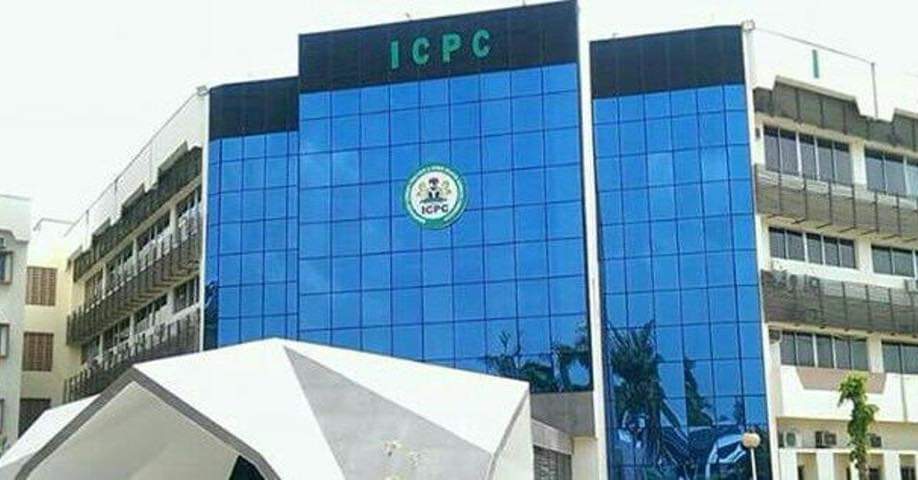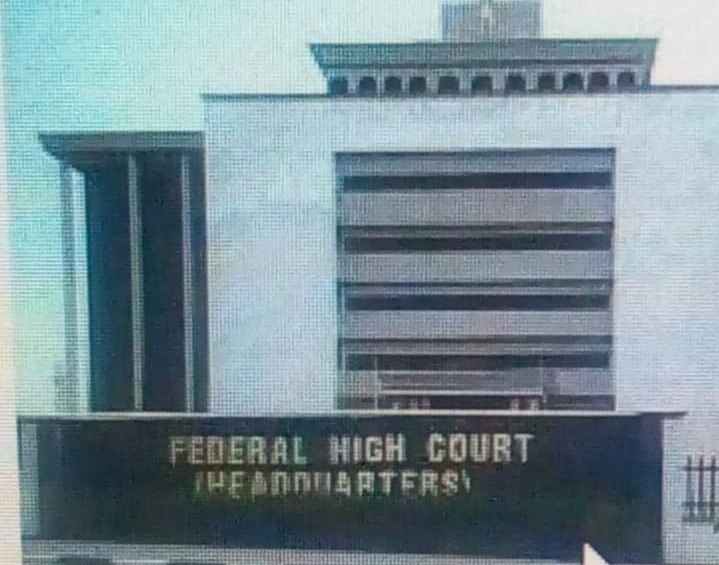A civil society organisation, WADATA Media and Advocacy Centre (WAMAC), has called on all Nigerians to take ownership of the fight against corruption in the country.
WAMAC executive director, Zubair Idris, made the call in Port Harcourt, the Rivers State capital, during a town-hall meeting to address new concepts against corruption.
Idris, who called on the Rivers State government to address alleged corruption in the education sector, advised the state government to use the inspections, regeneration, remuneration, reward and evaluation approach to check corruption in the sector.
He stated that the town-hall meeting was organised to appraise the new concept of fighting corruption through citizens’ participation in governance and enhancing community interface on investigative journalism.
The WAMAC boss further stated that the media advocacy and community engagement against corruption would complement the efforts of anti-graft agencies to check the menace of corruption.
Presenting a paper titled: ”Corruption in Education Sector in Nigeria:The need for Moral Reorientation”, the Lead Advocate, Centre for Charcter Reorientation, Andrew Ajai, described corruption as ”a negative word that want to win the positive world”.
Ajai stated that corruption in the education sector included: teachers not teaching properly and lecturers insisting on students buying their handouts or textbooks in order to pass their examinations.
He also listed sexual harassment by lecturers to students and students to lecturers to pass examinations as some of the corrupt practices in the sector.
Ajai said: ”Others are extortion by schools principals and teachers, exam malpractices, embezzlement, parents inducement to teachers and lack of funding to schools.
”Poor enumeration of teachers, building of private schools by political leaders with public funds,among others are also corrupt practices.”
He called on teachers to teach students to reject corruption, and advocated for the use of close circuit cameras in all schools to check the practice.
Also, in his own presentation titled: “Irregular Funding and Corruption in Primary and Secondary Schools in Rivers”, founder of the African Centre for Media, Governance and Peace Building (ACMGP), Sunny Dada, called on the Rivers State government to audit its schools.
Dada also the Economic and Financial Crimes Commission (EFCC) to investigate the State Ministry of Education to determine if funds were misappropriated.











